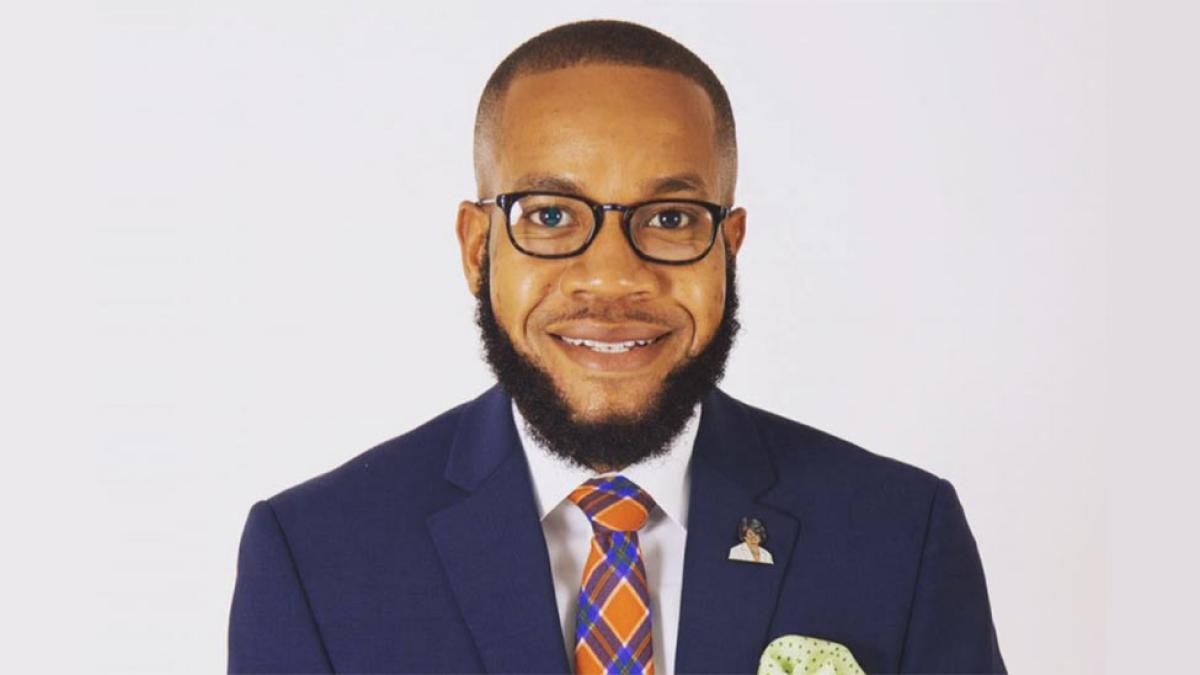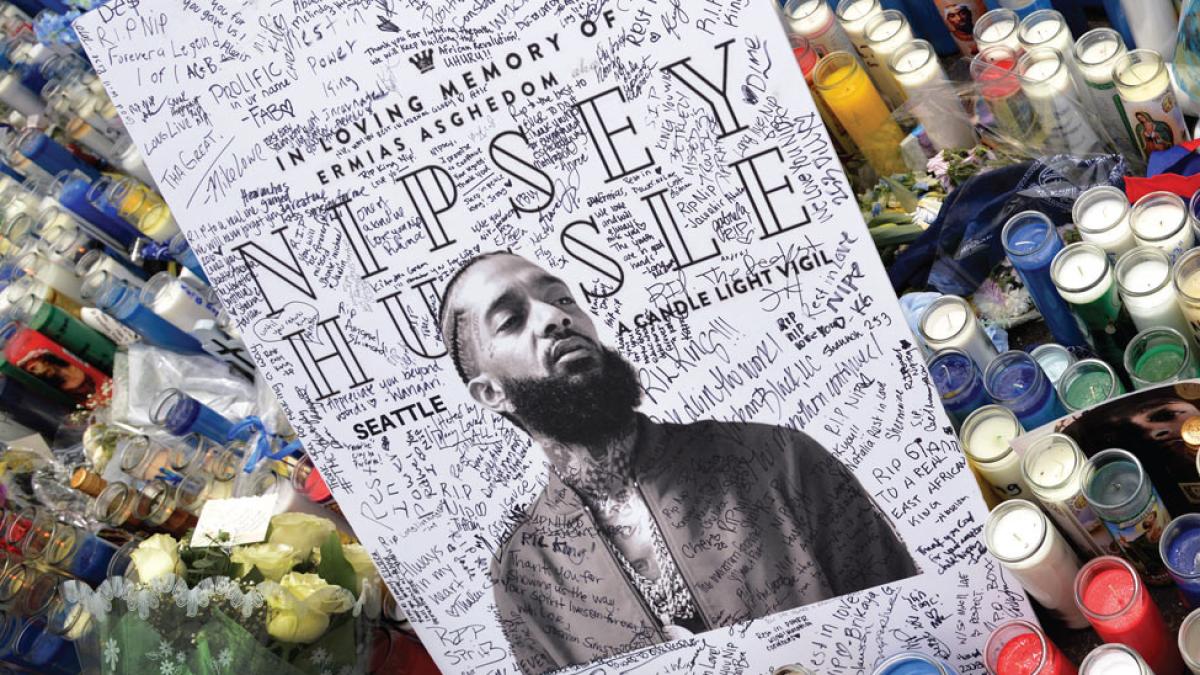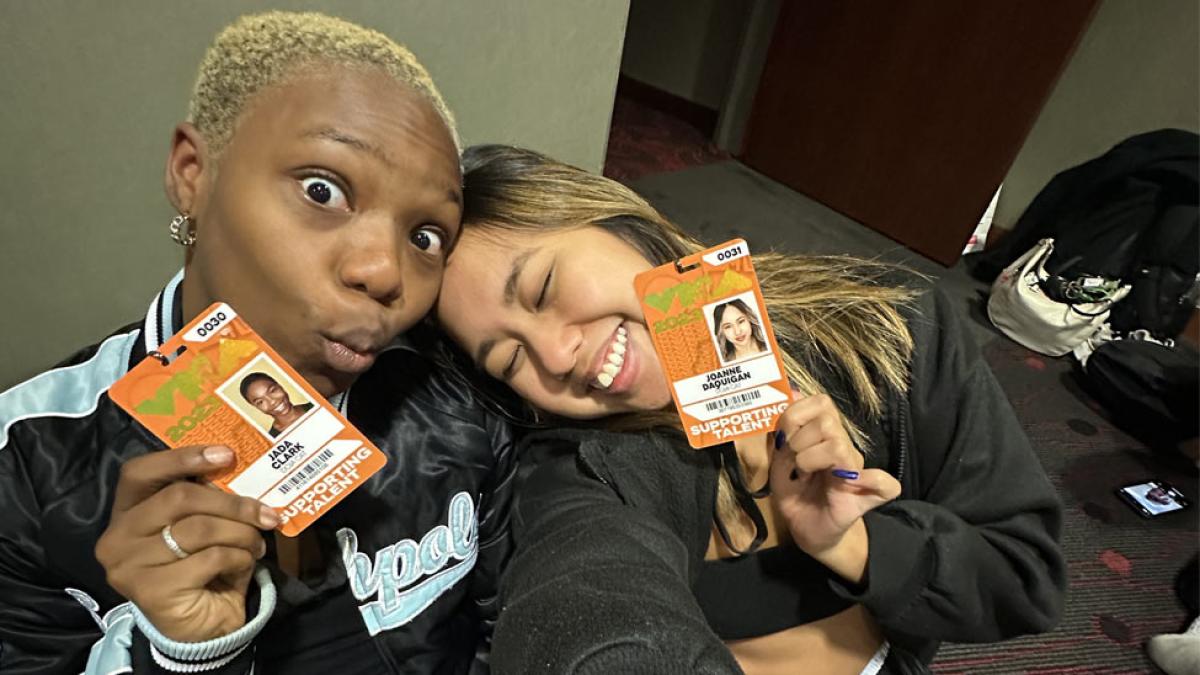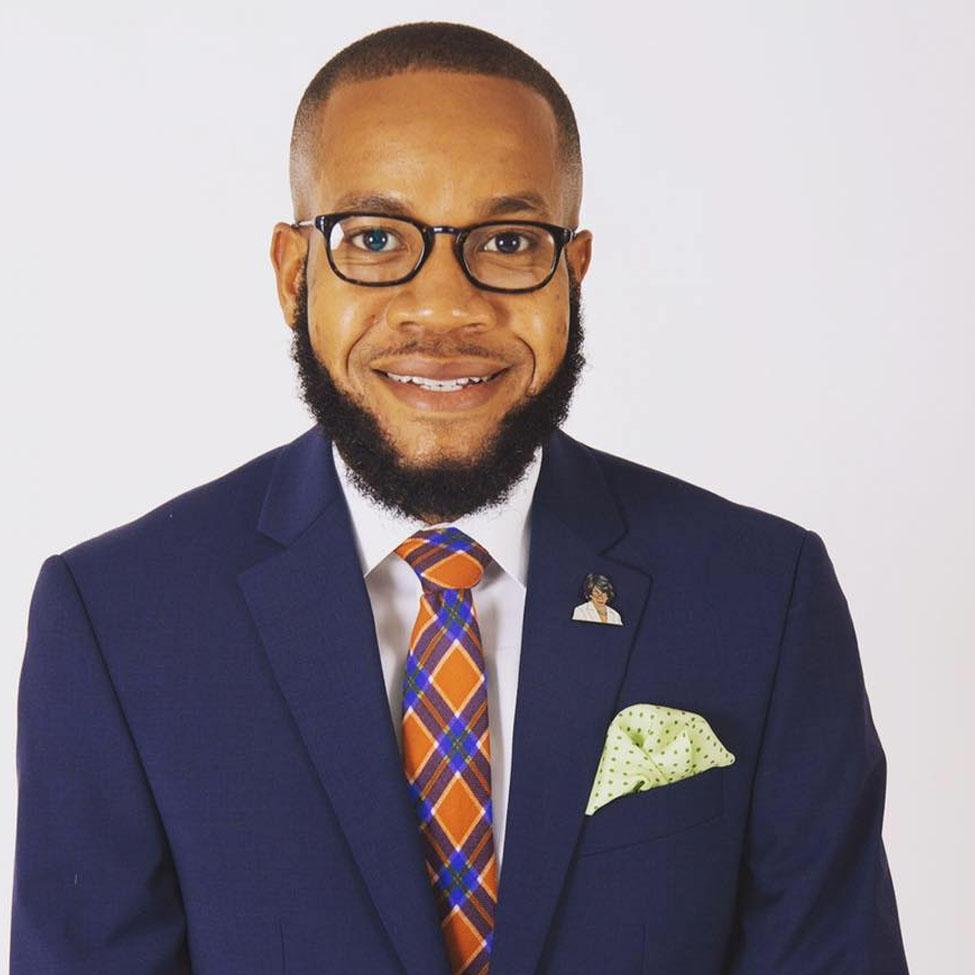
Pop Culture Power: Beyoncé, Swifties, and Political Influence
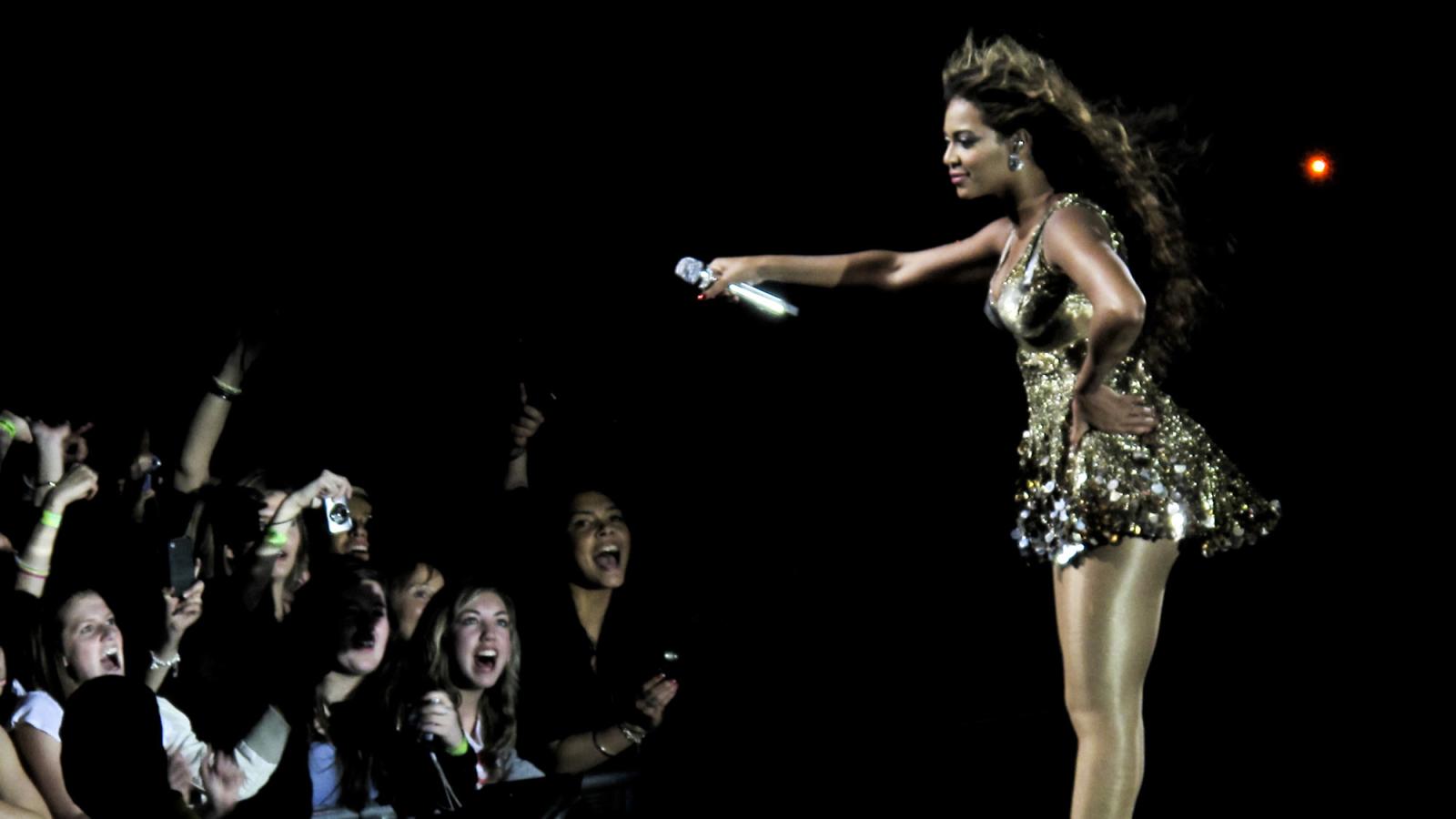

Associate Professor Melvin L. Williams, PhD, is an esteemed communication scholar and cultural commentator whose work delves into the intricate intersections of race, gender, and sexuality within popular culture. An award-winning researcher, Professor Williams explores how minority communities utilize various mediums to challenge and address negative media representations. His scholarly contributions have been featured in peer-reviewed journals such as Celebrity Studies, Howard Journal of Communications, and Journal of Sports Media.
In this recent Q+A session, Professor Williams provides insightful commentary on the role of popular culture in political movements, highlighting the significance of Beyoncé's song "Freedom" in Kamala Harris' presidential campaign and the potential impact of high-profile celebrity endorsements in elections. His reflections emphasize the enduring power of music to evoke political engagement and the unique mobilization capabilities of fanbases like Taylor Swift's Swifties.
How do you interpret the significance of Beyoncé giving permission to the Harris campaign to use her song "Freedom"? What message does this send about the intersection of popular culture and political movements?
“Freedom” remains one of Beyoncé’s most striking political compositions. It exudes autonomy, feminism, perseverance, personal redemption, and cultural pride amid life’s innumerable challenges. Upon release, the song deeply resonated with audiences and served as a song of resistance for various sociopolitical movements like the 2016 United States Presidential Election, the Black Lives Matter Movement, numerous 2020 racial justice protests, and contemporarily, Vice President Kamala Harris’ 2024 US Presidential campaign. In the case of VP Kamala Harris, “Freedom’s” symbolism magnifies, for she is the first Black woman presidential nominee of a major party in US history using a politically charged song from the album (Lemonade) many critics consider to be Beyoncé’s magnum opus in terms of presenting Black women’s social issues and strength to mass audiences. VP Harris’ intentional selection of this song illustrates the intersections of popular culture, music, and politics and most importantly, the power of music to evoke political engagement and create a sense of urgency for listeners.
In light of the rumors about a potential Beyoncé/Taylor Swift concert team-up in support of a political candidate, how do you see such collaborations influencing voter registration and potentially impacting the outcome of the 2024 presidential election?
It would not be atypical if this rumor manifests, as political candidates (like VP Kamala Harris) typically use celebrity concerts to attract voters with varied public reactions. For example, VP Harris recently included rapper Megan Thee Stallion as a performer at an Atlanta, Georgia, presidential rally and encountered public backlash. However, in the case of Beyoncé and Taylor Swift, both musicians have made women’s empowerment pillars of their celebrity brand and musical messages. This factor amplifies the potential impact of their ‘team-up” in this specific US Presidential race. Beyoncé and Taylor Swift are two of the most powerful women in the entertainment industry at a historic time when (politically and positionally) the most powerful woman in the US is running for US President. The collaboration aligns branding wise for all involved parties and might fuel voter registration and interest in Harris’ presidential pursuit.
Swifties, Taylor Swift’s superfans, have shown immense mobilization power. How do you think this kind of fanbase engagement can be leveraged in political campaigns?
In the case of The Swifties, we've been here before, and that chapter is called the 2018 Midterm Election. Taylor Swift infamously endorsed Tennessee Democratic candidates, Phil Bredesen and Jim Cooper in the 2018 US Election and was chastised in deeply polarizing contexts within political media. The narratives painted her dually as an admirable, politically engaged celebrity responsibly using her platform and an anti-American traitor who should play the guitar, sing, and not talk about her political views. The backlash also coincided with her disastrous Reputation album era. In the case of Taylor Swift’s political activism, the stakes are high, as politicians can temporarily leverage Swift's fans for votes and walk away unscathed. Yet, Swift’s political engagement is permanently etched into her celebrity history and fans’ consciousness. I foresee Swift remaining meek concerning political candidate endorsements in this election cycle and instead focusing on her established voter registration platform efforts. It remains a safe space for her to promote voter registration among fans while not explicitly telling the Swifties who to vote for.
Generation Z engagement will be a prominent election strategy reflective of a critical voting demographic in this presidential election.
What are the broader political ramifications of high-profile celebrities like Beyoncé and Taylor Swift using their platforms for political purposes? In your opinion, what are the potential risks and rewards for artists like Beyoncé and Taylor Swift when they become politically active?
I'm not too fond of women celebrity political endorsement pressures, for prominent women celebrities (like Beyoncé and Taylor Swift) are subjected to disproportionate standards of political engagement nearly never expected by their male celebrity counterparts. We have spent the last three US Presidential election cycles asking, "Who will Beyoncé or Taylor endorse?" and not one asking, "Who does Drake or Morgan Wallen endorse?" *Sarcastically states* Gotta love the prominence of patriarchy in the entertainment industry and political media. When high-profile celebrities use their platforms for political purposes, it ephemerally prompts fickle public responses at best. Beyoncé and Taylor Swift are exemplary musical raconteurs, but their political candidate endorsement impacts have not transformed political election results. For example, Taylor Swift endorsed Democratic Senate candidate Phil Bredesen (TN) in a 2018 US midterm election, and he lost! Beyoncé performed for former 2016 US Presidential candidate Hillary Clinton, who lost! While their political endorsements might appeal to some dilettantes, intelligentsias, and musical fans, the true power remains with voters who enter the polls with individualized political opinions.
In your research, you examine how minority communities use popular culture mediums to address disparaging media representations. How do Beyoncé and Taylor Swift’s recent actions align with or diverge from these strategies?
Throughout American media history, women musicians and popular culture figures have always leveraged their voices for sociopolitical purposes, election cycles, and various human rights movements. Popular culture and media are not simply diversion or entertainment sources. Instead, they imbue identity politics and value systems worthy of examination far beyond what the popular culture figure(s) presents. Beyoncé and Taylor Swift exemplify popular culture’s power to reach deep into the heart of people’s consciousness, allow them to emote, and in some cases, engage in political action. While fans are not monolithic and will conjure diverse reactions to both artists’ political opinions, it is undeniable that when Beyoncé or Taylor Swift speak publicly on a political topic, audiences are at a minimum, temporarily interested.
Amid this chaotic influx of information (from all political perspectives), younger demographics are concerned more about political information accuracy and the economic and cultural ramifications of their political decisions than if Charlie XCX thinks VP Harris is brat or not.
How do you think the involvement of influential artists in political campaigns changes the landscape of political communication and engagement, especially among younger demographics?
Generation Z engagement will be a prominent election strategy reflective of a critical voting demographic in this presidential election. As a college professor teaching this generation’s cohort, I remain impressed by their political knowledge, civic engagement, and strong opinions concerning human rights, politics, and media. When I teach its students about the intersections of politics and celebrity culture, they exclaim the involvement of influential artists in political campaigns is a healthy bonus when considering who to vote for but not a singular determinant factor. The landscape of political communication is forever modified by the domination of digital media, algorithmic power, and overwhelming misinformation on political topics across all mediated platforms (including news media). Amid this chaotic influx of information (from all political perspectives), younger demographics are concerned more about political information accuracy and the economic and cultural ramifications of their political decisions than if Charlie XCX thinks VP Harris is brat or not.
What advice would you give to college students and emerging scholars interested in exploring the intersections of popular culture and political activism in their own research?
*Jokingly states* Come to Pace University and sign up for Dr. Melvin L. Williams’ Communication and Popular Culture class! Major in Communication and Media Studies! In all seriousness, I advise students to allow popular culture and politics-related passions to lead their research. Communication and Media Studies is a field that empowers scholars to dig deep into their eccentric popular culture fascinations and actively search for answers to understand phenomena as they unfold and endure. Keep searching for those answers!
Looking to make your voice heard this election season? Get registered to vote. Plus, if you're a residential student, you don't even need to leave campus to cast your ballot—both the New York City Campus and the Pleasantville Campus are polling stations!
More from Pace
Pop star Jojo Siwa's perceived lack of authenticity and ignorance of queer history has turned members of the LGBTQ+ community against her, experts say, and for tangible reasons.
Researchers at Pace dive deep into hip hop’s emotional undercurrents.
Imagine dancing with Doja Cat. Now imagine doing it in front of 865,000 people. For Joanne Daquigan, Jada Clark, and Tiffani Rusell that dream became reality. Last month, they and several other members of the Pace Commercial Dance community performed alongside some heavy-hitting A-listers at MTV's VMAs.
